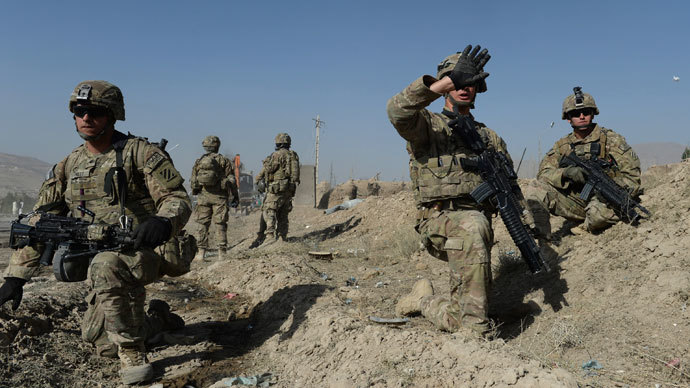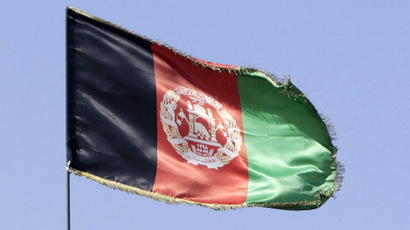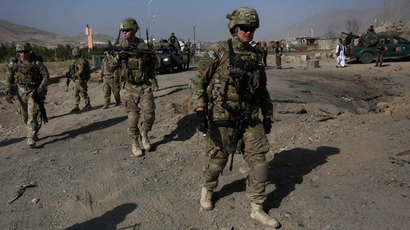American focus on Iraq allowed a ‘defeated’ Taliban to re-emerge - top US diplomat

Mistakes in the United States’ strategy in and outside of Afghanistan in 2002 led to a resurgence of the Taliban there, as well as many more civilian and NATO deaths than necessary, the US special representative to Afghanistan and Pakistan said.
James Dobbins, a long-time US diplomat, said that turning to Iraq
fractured international support and coalition momentum in
securing Afghanistan. He added that the delay in setting up a
reconciliation process gave the Taliban the opportunity to
recuperate.
“I think we made several mistakes back in 2002,” he said, according to The Telegraph. “I think it was probably a mistake to delay a serious attempt at reconciliation until 2011.”
He said that changing focus to operations in Iraq - which demanded resources and attention - severely hindered coalition ability to seal post-9/11 efforts in Afghanistan.
“So by 2005, 2006 it was clear that much more needed to be done in Afghanistan and we simply didn’t have the resources to do so.”
A distracted US leadership and a NATO effort bereft of certain resources allowed the “defeated and discredited” Taliban to re-emerge.
“I think the insurgency would have been avoided or attenuated. Many lives, Afghan as well as coalition would have been saved,” he said.
Dobbins saw firsthand how international support for a rebuilding effort in Afghanistan evaporated once the United States determined an Iraq invasion was imminent. He served as the US representative at the Bonn conference in 2002 that had succeeded in compiling support from China, Iran, Pakistan, and Russia, in addition to Western countries, to advance the restoration of a post-Taliban Afghanistan.
But failure to keep the outside support engaged badly bruised the establishment of President Hamid Karzai’s new regime, Dobbins said.
Peace negotiations between Karzai’s government and the Taliban have stalled recently, as attempts to open discussions in Qatar in June ended before talks began.
Since then, AP reported that the Taliban has held secret talks with Karzai's representatives to restart the process.
During a visit to Islamabad in August, Karzai appealed to Pakistan to facilitate peace talks with the Taliban.
This week, Pakistani Prime Minister Nawaz Sharif said he would like the Taliban to become part of the political process and participate in peace talks.
“We are serious in our efforts to hold dialogue with the Taliban,” Sharif said on Wednesday, adding that talks with the group were a necessary step to bring peace to the whole region. Sharif also stressed that he fully supports Afghanistan in its quest for peace and offered technical assistance in its 2014 elections which will decide a replacement for the outgoing Karzai.
Dobbins believes Afghan officials will meet with Mullah Baradar, deputy leader of the Taliban who is currently under house arrest in Pakistan, “within a week.”
Dobbins retired after the Bonn conference and was out of government until current US Secretary of State John Kerry called on him to oversee diplomatic efforts ahead of the withdrawal of most American troops from Afghanistan in 2014.
Dobbins held several key diplomatic posts for the Bill Clinton and George W. Bush administrations, including special-envoy terms in Afghanistan, Kosovo, Bosnia, Haiti, and Somalia. He was the United States ambassador to the European Union from 1991 to 1993.














